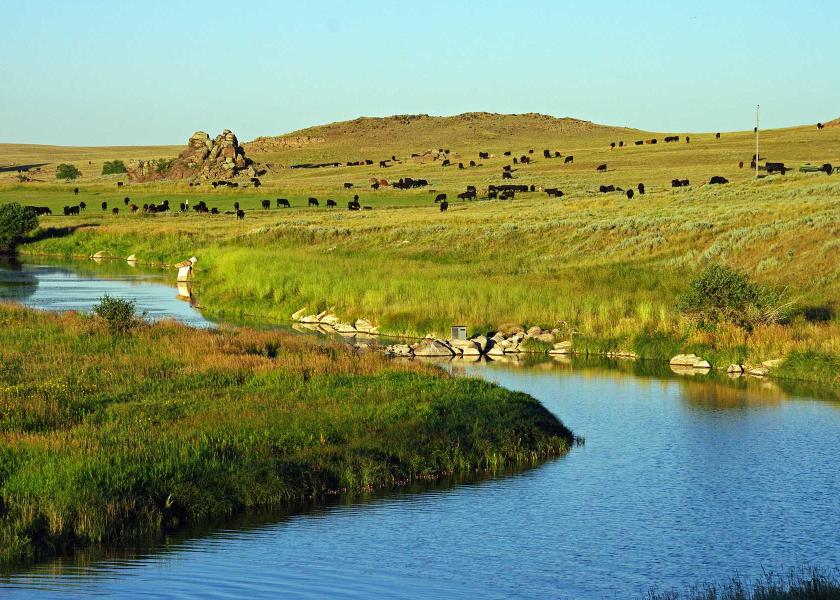Nalivka: A Market To Trade Water Rights? I’m Skeptical!

We’ve all been working cows in a corral when the question is asked, “Is that gate shut?” We all know there’s a whole range of possibilities on what happens next after that question is asked from nothing to someone running to close it before half the herd runs through. No, I am not writing a column on working cows and shutting gates, but there is something concerning water rights in Nevada that could ultimately be worse than those cows getting away!
Nevada is looking into “water banking,” which, in short, is the creation of a market to sell and/or buy water rights. The Nevada legislature is looking at whether this “water banking” would be a better way to manage water rights than current water law. We are all familiar with water law dating back to the early 1900s – water rights are attached to the land, period.
I have written extensively about adapting to changes in production agriculture, the meat industry, and the food industry. However, I will say, without exception, that this idea to create a market to trade water rights is absolutely one of, if not the, worst proposals that could have ever been put on paper. And, I am sure it didn’t just come about recently.
Irrigated farming makes a significant contribution to U.S. food production and one could fill a page with statistics illustrating that fact. But, briefly, in 2018 (most recent USDA data), there were 231,474 farms representing 222,028,954 acres in farming in the U.S. Of those total acres, 55,938,795 acres were irrigated. In addition, for 66% of those irrigated farms, their sales from irrigated crops and livestock accounted for 50% or more of their total sales.
I am by no means an expert on water rights, though I have provided analysis for water litigation. However, I would say, without reservation, that U.S. agriculture must maintain current water law with water rights attached to the land.
Water can quickly become a scarce resource as the result of supply disruptions resulting from drought or increasing demand as communities and cities grow. California has long been the example for growing demand for water, but nearly all Western states are experiencing the same situation. Southwestern Utah in the Colorado River basin is a prime example.
I become very skeptical when connecting the dots between hedge funds trading water rights in a market independent of the land and climate change. We all should be concerned. It has the very likely possibility of affecting U.S. food production on the irrigated land where those water rights were first established 100 years ago and just as important, the livelihood of farmers and ranchers.







